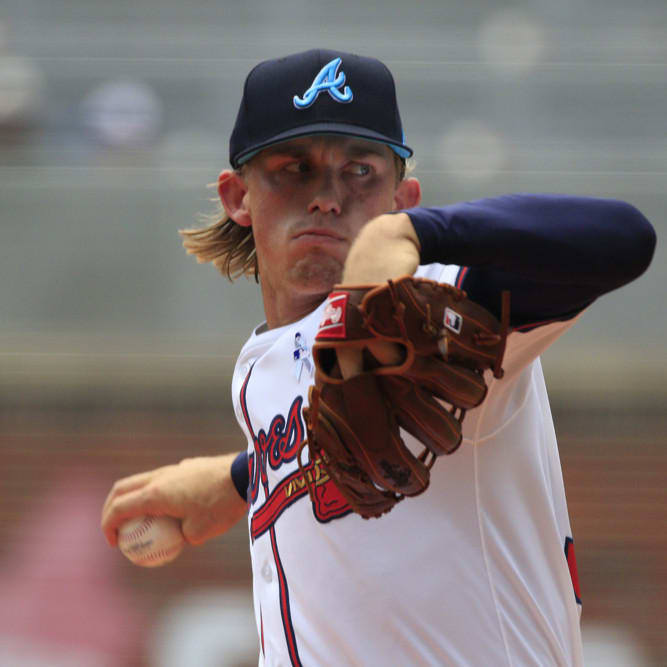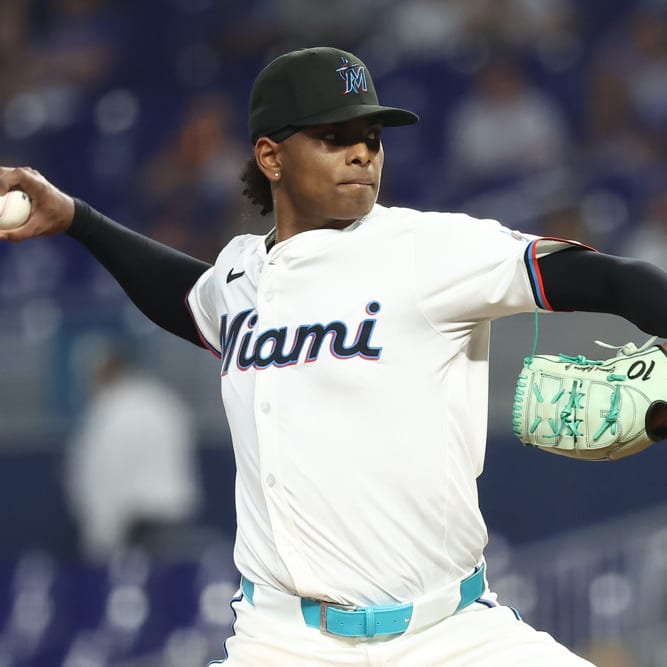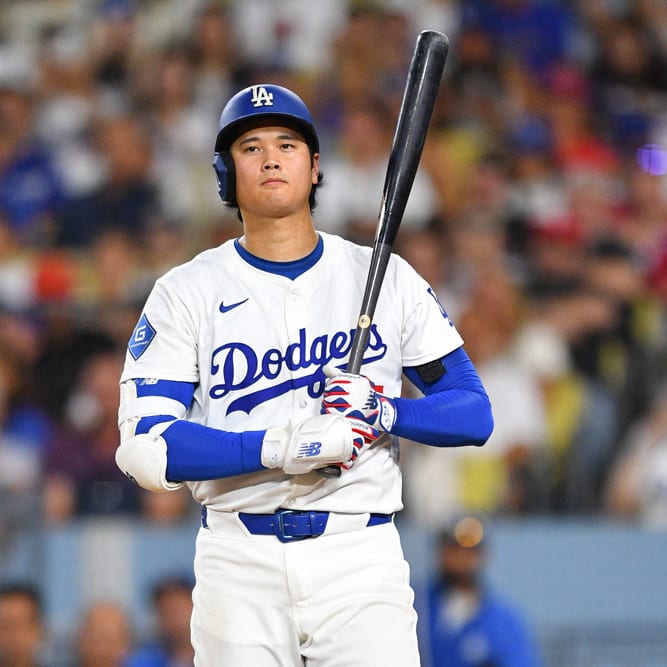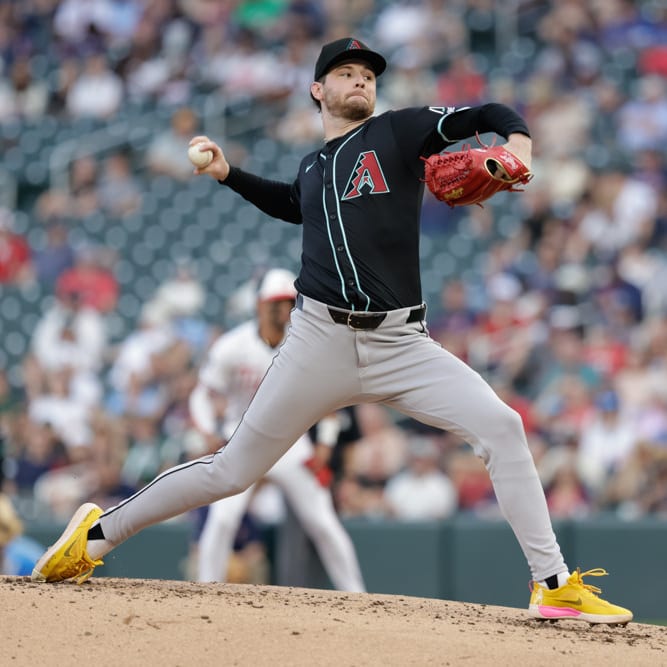Stolen bases, like most good things in life, are acquired through some combination of ability and opportunity. Unfortunately for players -- and the fantasy owners of those players -- much of the opportunity side of the coin is out of the player's control. Perhaps the most famous example of this comes from Moneyball, in which speedster Ray Durham is told not to run by Billy Beane and the Athletics because of the prohibitively high value the Moneyball A's placed on not making outs.
It isn't necessarily a poor strategy -- there is a threshold at which point basestealers are costing their teams more runs getting caught then they create by stealing the base, and if a team is getting caught too often, they're better off not running. However, this threshold changes and evolves with the game itself.
When seemingly every hitter is capable of getting on base or even hitting a home run, as was the case as the Athletics rose to power during the Steroids Era, throwing away that out is dangerous, and often not even worth the attempt. In the pitchers' era we seem to be entering -- the league OPS has dropped from .759 to .720 since 2001 and teams now combine to score one fewer run per game -- the relative benefit of stealing bases increases greatly.
Teams are most certainly taking note:
Stolen bases are on the rise, and it's not that the runners are beating the catchers more often.
Stolen bases, like most good things in life, are acquired through some combination of ability and opportunity. Unfortunately for players -- and the fantasy owners of those players -- much of the opportunity side of the coin is out of the player's control. Perhaps the most famous example of this comes from Moneyball, in which speedster Ray Durham is told not to run by Billy Beane and the Athletics because of the prohibitively high value the Moneyball A's placed on not making outs.
It isn't necessarily a poor strategy -- there is a threshold at which point basestealers are costing their teams more runs getting caught then they create by stealing the base, and if a team is getting caught too often, they're better off not running. However, this threshold changes and evolves with the game itself.
When seemingly every hitter is capable of getting on base or even hitting a home run, as was the case as the Athletics rose to power during the Steroids Era, throwing away that out is dangerous, and often not even worth the attempt. In the pitchers' era we seem to be entering -- the league OPS has dropped from .759 to .720 since 2001 and teams now combine to score one fewer run per game -- the relative benefit of stealing bases increases greatly.
Teams are most certainly taking note:
Stolen bases are on the rise, and it's not that the runners are beating the catchers more often. Using a crude method to calculate steal attempts as a rate of total opportunities -- taking total steal attempts and dividing by walks and singles to get a rough estimate of stealing opportunities -- we still see this distinct rise in running. The result effectively tracks the change in stolen-base totals over the past five years.
Has every team gotten in on this action? Teams that lag behind the back in ratcheting up the running could be costing fantasy owners valuable steals. Let's take a look at the numbers on a team-by-team basis:
A few takeaways:
Only eight teams attempted fewer steals (on a rate basis) last year than they did in 2010. Of those teams, three of them were under new management: Terry Collins of the Mets (-1.8 percent), Bob Melvin of the Athletics (-1.5 percent), and Eric Wedge of the Mariners (-0.4 percent). However, all three of these teams still ranked in or near the top half in stolen base attempts, with only the Mets significantly falling from their typical place in the rankings.
Expect the White Sox to start running again in 2012. Robin Ventura takes over for Ozzie Guillen, who uncharacteristically called for very few steals with his 2011 squad. Alejandro De Aza, Alex Rios, Gordon Beckham, and Alexei Ramirez (at the very least) should all be candidates to steal more bases this season.
Two new managers have really moved the needle on their team's stealing ways: John Farrell in Toronto and Kirk Gibson in Arizona. Although Gibson was in town for the latter half of the Diamondbacks' 2010 season, he didn't really get to impose his will on the team until 2011. Under his aggressive watch, the Diamondbacks went from a middle-of-the-road team to one of the five likeliest thieves. Farrell had a similar impact in Toronto, as the Jays more than doubled their steal rate from 2010. As a result, the Jays went from one of the most station-to-station teams in the league to the third most likely to run -- by far the biggest change of all. We also saw this impact with Fredi Gonzalez in Atlanta, albeit to a lesser extent.
Unless the trending towards low-scoring games reverses itself in 2012, expect the steal to continue to be a bigger part of the game. It will take more steals than owners may be used to in order to win rotisserie points, so when drafting basestealers, be aware of the team movement. A free agent who settles in Detroit or St. Louis could have his numbers suppressed by management, whereas a move to Tampa is almost certain to set free any player with even marginal speed.
The easy part of drafting stolen bases is finding the ability. To truly gain the advantage, you have to find the opportunity as well. With new managers in the fold and the ever-changing roster landscape of MLB, things are hardly set in stone. Still, many teams have made their running philosophy clear over the last few years. Don't get handcuffed with a base-stealing threat who can't even run past his own manager.




































